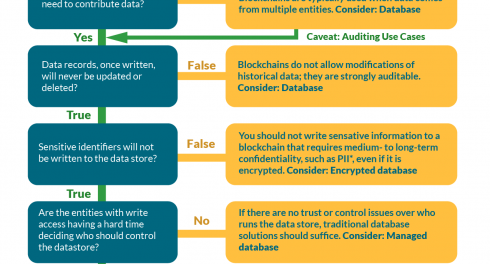
Photo: Unsplash
‘Civic space’ – i.e. the freedom and means to speak, access information, associate, organise, and participate in public decision-making – is essential to the healthy  functioning and development of any society and a precondition for accountable governance and social justice. When civic space is restricted, human and civil rights are denied, government accountability is jeopardised, citizen voices are silenced, civic energy is sapped, confidence in state authorities is eroded and opportunities for dialogue and development are lost.
functioning and development of any society and a precondition for accountable governance and social justice. When civic space is restricted, human and civil rights are denied, government accountability is jeopardised, citizen voices are silenced, civic energy is sapped, confidence in state authorities is eroded and opportunities for dialogue and development are lost.
Over the past decades, despite some notable examples of progress, a deeply worrisome trend of shrinking civic space and enhanced restrictions on individuals and civil society organizations has emerged around the world, including in “emerging” and “established” democracies in both the global North and South. In practice, these threats to civic space take a multitude of forms including passing restrictive laws on registration and funding of civil society organisations, cracking down on public demonstrations, and harassing or intimidating civic space actors through raids, arrests, smear campaigns and physical attacks.
As a result, many stakeholders are paying increased attention to civic space. There are significant challenges, however, in defining and tracking civic space and the current lack of an effective measure and adequate comparable data makes it difficult to assess and hold governments accountable for their role in protecting/attacking and enabling/undermining civic space.
With guidance from an esteemed advisory group of experts, the aim of this study is to explore issues around the measurement of civic space and make practical recommendations on ways forward, answering the following key questions: Why measure civic space? Is it possible to develop a common measure of civic space that could support the specific needs of a range of concerned actors? What benefits would such a measure bring? What would such a measure look like? How could it be implemented and at what cost?
The specific purpose of this study is to inform the development of a global index of civic space that will enable concerned actors to be more effective in supporting and advocating for the protection and enablement of civic space. The report pays special attention to the potentially important role that international initiatives and agreements can play in the protection of civic space.
To provide practical support, the study:
Looks as the meaning and importance of civic space, by proposing an operational definition, and reviewing current trends.
Suggests a set of guiding principles to inform the development of a measure of civic space, based on learning from the literature and interviews with key informants.
Proposes a measurement framework based on five principal dimensions (and 16 sub-dimensions), building on existing standards and measures. These are: (i) freedoms of information and expression; (ii) rights of assembly and association; (iii) citizen participation; (iv) non-discrimination/inclusion; and, (v) human rights/rule of law.
Offers four options for the measurement and comparison of civic space between countries: (1) Creating a measure based on a compilation of existing data; (2) Conducting new online in-country, experience-based surveys of civic space actors; (3) Conducting new participatory, in-country research; and, (4) Adopting a “hybrid” approach that combines the first three options.
Lays out a possible roadmap for development of the index/measure and data capture/analysis.
The report concludes that it is important and feasible to improve the measurement of civic space. Achieving meaningful measurement with global coverage will require significant resources and sustained long-term support. But with committed funding (perhaps from a coalition of donors) and a phased approach to implementation, the proposed approach is achievable and worthwhile given the significant benefits to be gained by multiple stakeholders developing and using a common framework and measure/index.


